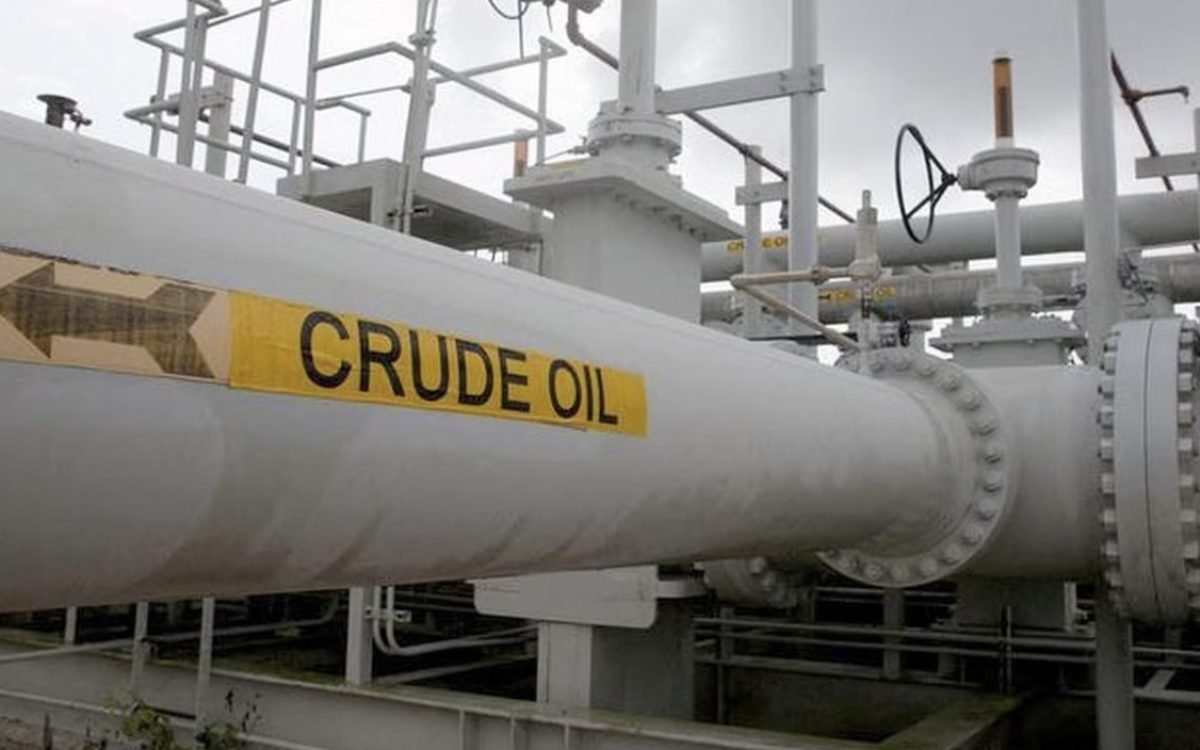India’s recent decision to hike the windfall tax on domestically produced crude oil to ₹4,600 per tonne from ₹3,300 per tonne, effective from March 1, underscores the government’s proactive approach towards regulating the energy sector and ensuring fiscal stability. The tax, levied in the form of Special Additional Excise Duty (SAED), reflects India’s commitment to rationalizing tax structures while optimizing revenue generation.
The rationale behind the windfall tax policy lies in mitigating the impact of supernormal profits accrued by energy companies, particularly amidst fluctuations in global oil prices. By imposing a windfall tax, India aims to strike a balance between industry profitability and public welfare, ensuring equitable distribution of resource wealth and fostering economic resilience.
It is noteworthy that while the windfall tax on domestically produced crude oil has been increased, the SAED on export of diesel has been reduced to nil from ₹1.50 a litre, as per the official notification. This strategic adjustment reflects the government’s intent to incentivize diesel exports while moderating tax burdens on certain segments of the energy market.
Crucially, the windfall tax policy remains dynamic, subject to regular review and adjustments based on prevailing market conditions. The fortnightly review mechanism, which evaluates average oil prices over the preceding two weeks, underscores India’s commitment to maintaining agility and responsiveness in fiscal management.
India’s decision to impose windfall profit taxes in July 2022 aligned with global trends, as several nations recognized the need to regulate supernormal profits in the energy sector. The evolution of India’s windfall tax regime reflects a nuanced understanding of market dynamics and a proactive stance towards fiscal governance.
Notably, the decision to retain nil levy on petrol and jet fuel (ATF) underscores the government’s recognition of the strategic importance of these fuels and their contribution to critical sectors such as transportation and aviation.
In conclusion, India’s windfall tax policy on crude oil reflects a multifaceted approach towards economic governance, balancing revenue optimization with industry sustainability and consumer welfare. As the energy landscape continues to evolve, India remains committed to fostering a conducive regulatory environment that promotes equitable resource distribution and fosters long-term economic prosperity. Through regular review mechanisms and strategic adjustments, India’s windfall tax policy serves as a testament to its adaptability and foresight in navigating the complexities of the global energy market.









